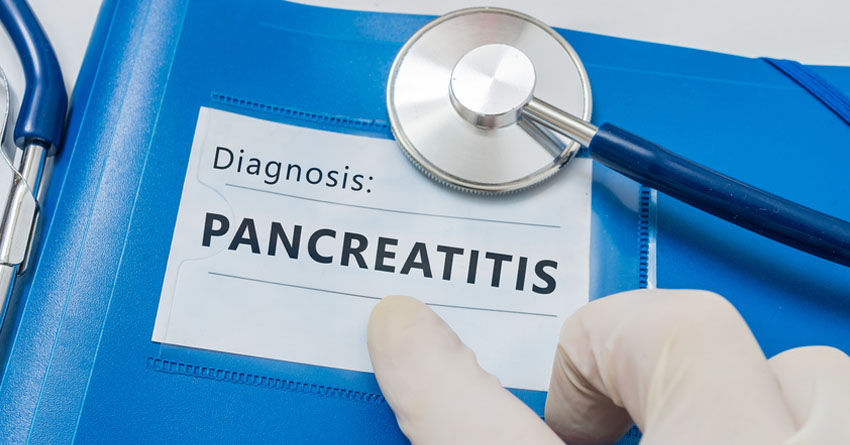Some pets have hearty digestive tracts and can tolerate food changes and episodes of dietary indiscertion (eating something one should not) without suffering from any digestive tract upset. Other pets can't have any deviation from their normal diet for fear of experiencing vomit, diarrhea, decreased appetite, or even pancreatitis.
Pancreatitis is a common canine and feline ailment that can be unknowingly caused by pet owners. As people feed their pets foods with which their stomach and intestines aren't accustomed (meat protein, bones, fat, new pet treats, etc.) and pets induce their own illness via episdoes of dietary indiscretion more commonly over holidays, pancreatitis is a condition we veterinarians diagnose often during any holiday season. Early on in my veterinary career my supervisor at Metropolitan Emergency Animal Clinic (MEAC) warned me as to the uptick in pancreatitis cases that are seen during and after the holidays. In order to prevent pets from suffering from pancreatitis, I figured it would be best to increase owner awareness of the condition. Learn about pancreatitis causes, clinical signs, and preventative strategies via this article Causes, Clinical Signs and Prevention of Pancreatitis in Pets. Dr. Patrick Mahaney
Thank you for reading this article. Your questions and comments are completely welcome.
Please feel free to communicate with me through Twitter (@PatrickMahaney) and follow my adventures in veterinary medicine by liking Patrick Mahaney: Veterinarian Acupuncture Pain Management for Your Pets on Facebook.
Copyright of this article (2017) is owned by Dr Patrick Mahaney, Veterinarian and Certified Veterinary Acupuncturist. Republishing any portion of this article must first be authorized by Dr Patrick Mahaney. Requests for republishing must be approved by Dr Patrick Mahaney and received in written format.
Dr. Patrick Mahaney
Thank you for reading this article. Your questions and comments are completely welcome.
Please feel free to communicate with me through Twitter (@PatrickMahaney) and follow my adventures in veterinary medicine by liking Patrick Mahaney: Veterinarian Acupuncture Pain Management for Your Pets on Facebook.
Copyright of this article (2017) is owned by Dr Patrick Mahaney, Veterinarian and Certified Veterinary Acupuncturist. Republishing any portion of this article must first be authorized by Dr Patrick Mahaney. Requests for republishing must be approved by Dr Patrick Mahaney and received in written format.
